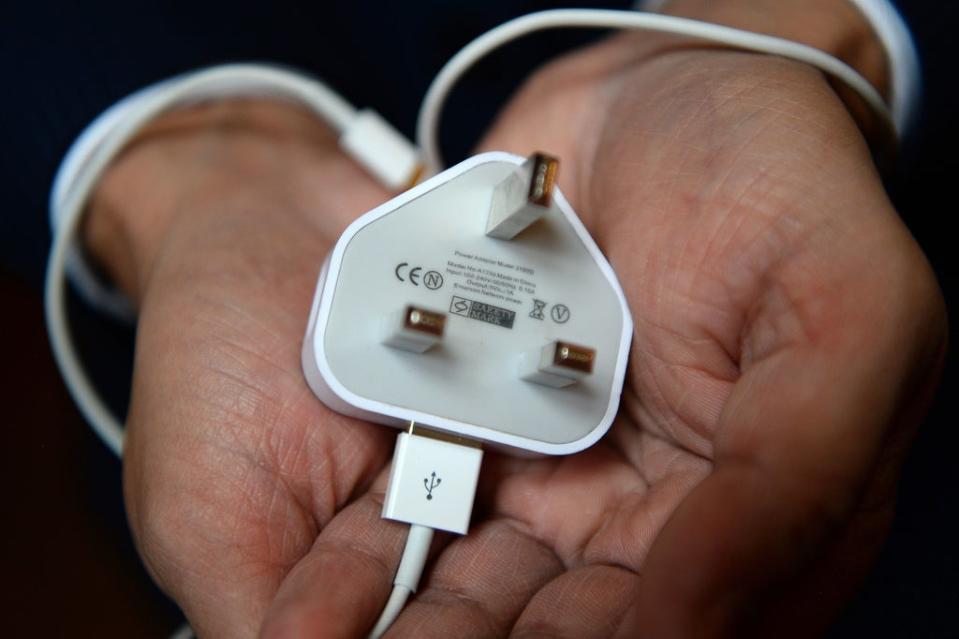Apple could be forced to change iPhone charging cable after latest EU vote

Apple could be forced to change the plug on the bottom of the iPhone, after a new EU vote.
MEPs overwhelmingly supported new rules that would require all devices to be equipped with USB-C ports, whoever they are made by. That would apply to mobile phones, tablets, camera, headphones and other gadgets that are charged up through a wired cable.
The most prominent company likely to be affected by the change is Apple, whose iPhones have used the Lightning charging cable for the last 10 years.
Apple does use USB-C on other devices, such as its iPads, but has been resolute about the advantages of the smaller Lightning cable for its phones and accessories such as the AirPods.
The EU said that the decision to force companies to include the same charger comes as “part of a broader EU effort to address product sustainability, in particular of electronics on the EU market, and to reduce electronic waste”.
It would also ensure that customers would not get confused about what charger they need, it said. And it would avoid people ending up with more chargers than they need.
The new rules also address wireless charging. MEPs called on the European Commission to formulate a strategy by the end of 2026 that would allow charging solutions to work together.
Apple has been rumoured to be planning an iPhone that would come without any ports at all, instead charging up through wireless capabilities similar to those already in the device. But it has never publicly committed to such a device, and there is no indication of when it might arrive.
Apple has long argued that any change to charges should instead focus on the other end of the charging cable, where it plugs into the wall. If that was standardised, then phone companies could use whatever plug they want but customers would still be able to find a way to plug them in, it has said.
In 2020, Apple said the plan would “stifle innovation”, harm customers, and in fact create far more electronic waste as iPhone users would be forced to adopt a whole new charging port.
The latest approval by MEPs means that the new rules will go to the European Parliament as a a whole for approval, which is expected to happen in May. Once that is complete, MEPs will start working with EU governments to agree the final legislation.

 Yahoo Finance
Yahoo Finance 